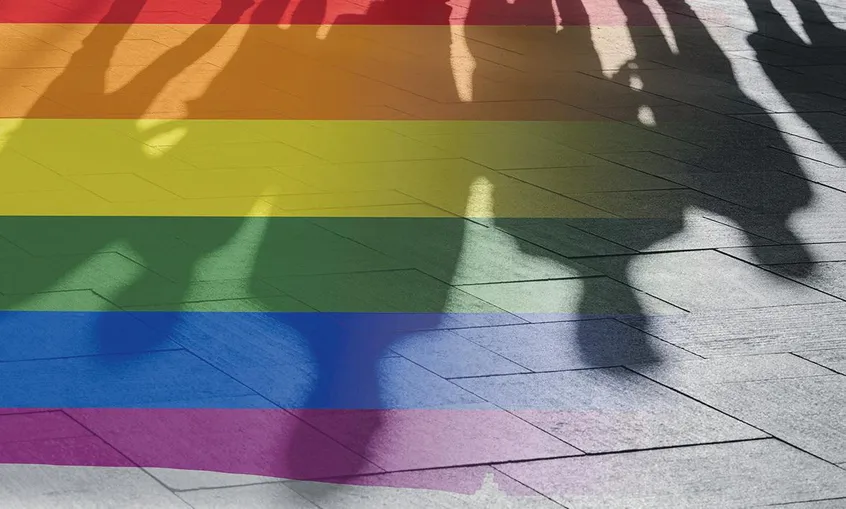This article is written by a conservative evangelical committed to Biblical truth on issues of sexuality. Written in the context of the Church of England’s ‘Living in Love and Faith’ debate, it addresses issues pertinent for evangelicals in all denominations. The article is reproduced with permission, but anonymously.
I have found myself wanting to set out some thoughts from the perspective of one who experiences same-sex attraction, and who is and has always been committed to the Biblical view of sex and marriage. What I write here is personal, in the sense that I’m not claiming to represent anybody else or any group. It is perhaps not very theological, and is addressed primarily to those in the church who share my conservative evangelical position, and to encourage further reflection and prayer.
Two threads run in parallel through this.





